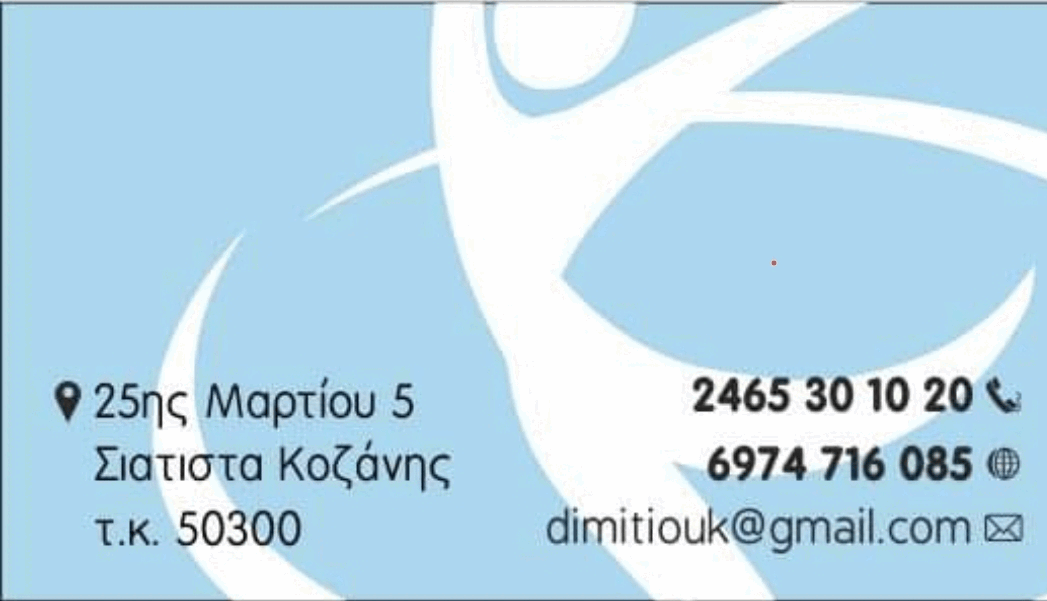Ένας πειραματικός ιός που σκοτώνει τον καρκίνο χορηγήθηκε για πρώτη φορά σε ασθενή, με την ελπίδα ότι οι δοκιμές θα αποκαλύψουν τελικά στοιχεία για ένα νέο μέσο επιτυχούς καταπολέμησης των καρκινικών όγκων στο σώμα των ανθρώπων.
Τι είναι ο ογκολυτικός ιός
Το υποψήφιο φάρμακο, που ονομάζεται CF33-hNIS (ή αλλιώς Vaxinia), είναι αυτό που ονομάζεται ογκολυτικός ιός, ένας γενετικά τροποποιημένος ιός που έχει σχεδιαστεί για να μολύνει και να σκοτώνει επιλεκτικά τα καρκινικά κύτταρα, ενώ παράλληλα χαρίζεται στα υγιή.
Στην περίπτωση του CF33-hNIS, ο τροποποιημένος ιός της ευλογιάς λειτουργεί εισερχόμενος στα κύτταρα και αντιγράφοντας τον εαυτό του. Τελικά, το μολυσμένο κύτταρο σκάει, απελευθερώνοντας χιλιάδες νέα σωματίδια του ιού που δρουν ως αντιγόνα, διεγείροντας το ανοσοποιητικό σύστημα να επιτεθεί στα κοντινά καρκινικά κύτταρα.
Προηγούμενες έρευνες σε ζωικά μοντέλα έχουν δείξει ότι το φάρμακο μπορεί να αξιοποιήσει το ανοσοποιητικό σύστημα με αυτόν τον τρόπο για να κυνηγήσει και να καταστρέψει τα καρκινικά κύτταρα, αλλά μέχρι τώρα δεν έχουν γίνει δοκιμές σε ανθρώπους.
Αυτό μόλις άλλαξε: Αυτοί που ανέπτυξαν το φάρμακο- το κέντρο φροντίδας και έρευνας για τον καρκίνο City of Hope στο Λος Άντζελες και η εταιρεία βιοτεχνολογίας Imugene με έδρα την Αυστραλία – ανακοίνωσαν τώρα ότι η πρώτη κλινική δοκιμή σε ανθρώπους ασθενείς βρίσκεται σε εξέλιξη.
«Η προηγούμενη έρευνά μας έδειξε ότι οι ογκοκυτταρικοί ιοί μπορούν να διεγείρουν το ανοσοποιητικό σύστημα να ανταποκριθεί στον καρκίνο και να τον σκοτώσει, καθώς και να διεγείρουν το ανοσοποιητικό σύστημα ώστε να ανταποκρίνεται καλύτερα σε άλλες ανοσοθεραπείες», λέει ο ογκολόγος και κύριος ερευνητής του City of Hope, Daneng Li. «Πιστεύουμε ότι το CF33-hNIS έχει τη δυνατότητα να βελτιώσει τα αποτελέσματα για τους ασθενείς μας».
Όπως αναφέρει το sciencealert, η αξιοποίηση της θεραπείας θα εξαρτηθεί πρώτα από την απόδειξη ότι το CF33-hNIS είναι ασφαλές για τους ανθρώπους να το λαμβάνουν, με την πρώτη φάση της δοκιμής να επικεντρώνεται στην ασφάλεια και την ανεκτικότητα του φαρμάκου.
Η παρέμβαση αναμένεται να συμπεριλάβει συνολικά 100 συμμετέχοντες, ο καθένας από τους οποίους θα είναι ενήλικας ασθενής με μεταστατικούς ή προχωρημένους συμπαγείς όγκους που έχει ήδη δοκιμάσει τουλάχιστον δύο προηγούμενες σειρές καθιερωμένης θεραπείας.
Μόλις εγγραφούν στη δοκιμή, τα άτομα αυτά θα λάβουν χαμηλές δόσεις της πειραματικής θεραπείας μέσω άμεσης ένεσης ή ενδοφλεβίως.
Εάν τα πρώτα αποτελέσματα είναι επιτυχή και το CF33-hNIS κριθεί ασφαλές και καλά ανεκτό, πρόσθετες δοκιμές θα διερευνήσουν τον τρόπο με τον οποίο το φάρμακο συνδυάζεται με την πεμπρολιζουμάμπη, μια υπάρχουσα θεραπεία αντισωμάτων που χρησιμοποιείται ήδη στην ανοσοθεραπεία του καρκίνου.
Η έκδοση του ιού που δοκιμάζεται τώρα κλινικά παράγει τον συμπορευτή ιωδιούχου νατρίου του ανθρώπου (hNIS), μια πρωτεΐνη που επιτρέπει στους ερευνητές να απεικονίζουν και να παρακολουθούν τον ιικό πολλαπλασιασμό, καθώς και να επιτρέπουν έναν πρόσθετο τρόπο να βλάπτουν τα καρκινικά κύτταρα με την προσθήκη ραδιενεργού ιωδίου.
Αυτό δεν σημαίνει ότι δεν μπορούμε να ενθουσιαστούμε με τις ευρείες δυνατότητες που υπάρχουν εδώ– απλώς θα πρέπει να διατηρήσουμε τις προσδοκίες μας υπό έλεγχο, διότι τα πολλά υποσχόμενα αποτελέσματα σε προκλινικά πειράματα δεν εγγυώνται απαραίτητα παρόμοια επιτυχή αποτελέσματα σε μεταγενέστερες έρευνες που αφορούν ανθρώπους ασθενείς.
Εάν το φάρμακο αποδειχθεί ασφαλές και καλά ανεκτό, θα μπορούσαμε να έχουμε μπροστά μας ένα ισχυρό νέο εργαλείο για την καταπολέμηση των όγκων, το οποίο περιγράφεται ως «game-changer λόγω του πόσο ισχυρό είναι και λόγω της ικανότητάς του να στρατολογεί και να ενεργοποιεί ανοσοποιητικά κύτταρα», σύμφωνα με τη χειρουργική ογκολόγο Susanne Warner, η οποία προηγουμένως ηγήθηκε μιας ομάδας που μελέτησε τις επιδράσεις του CF33 στους όγκους σε ποντίκια.
«Ο ογκολυτικός ιός μας εκπαιδεύει το ανοσοποιητικό σύστημα να στοχεύσει ένα συγκεκριμένο καρκινικό κύτταρο», δήλωσε το 2020. «Αυτό σημαίνει ότι αν ένα παρόμοιο καρκινικό κύτταρο προσπαθήσει ποτέ να αναγεννηθεί, το ανοσοποιητικό σύστημα θα είναι έτοιμο και θα περιμένει να το κλείσει».
Κανείς δεν γνωρίζει ακόμη με βεβαιότητα αν ο CF33-hNIS θα κάνει τα ίδια θαύματα στους ανθρώπους, αλλά αν μπορέσει, θα γίνει μόλις η δεύτερη εγκεκριμένη από τον FDA θεραπεία με οκολυτικό ιό για τον καρκίνο, μετά από ένα φάρμακο που ονομάζεται Talimogene laherparepvec (T-VEC), μια τροποποιημένη έκδοση του ιού του απλού έρπητα, η οποία χρησιμοποιείται στη θεραπεία του μελανώματος.
Πηγή: ethnos.gr




























